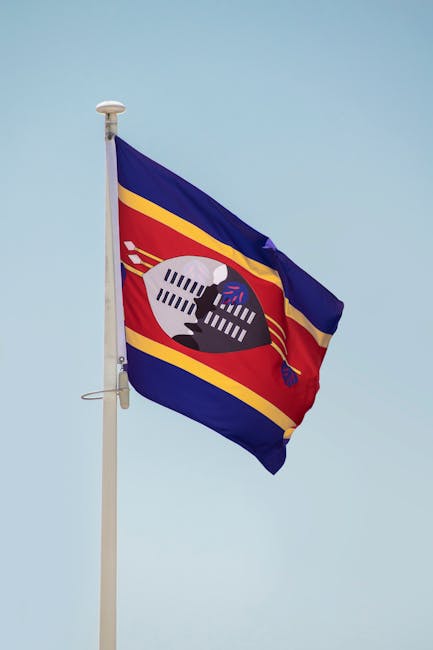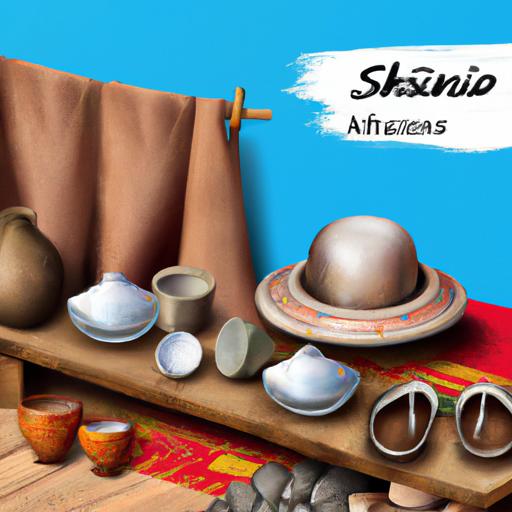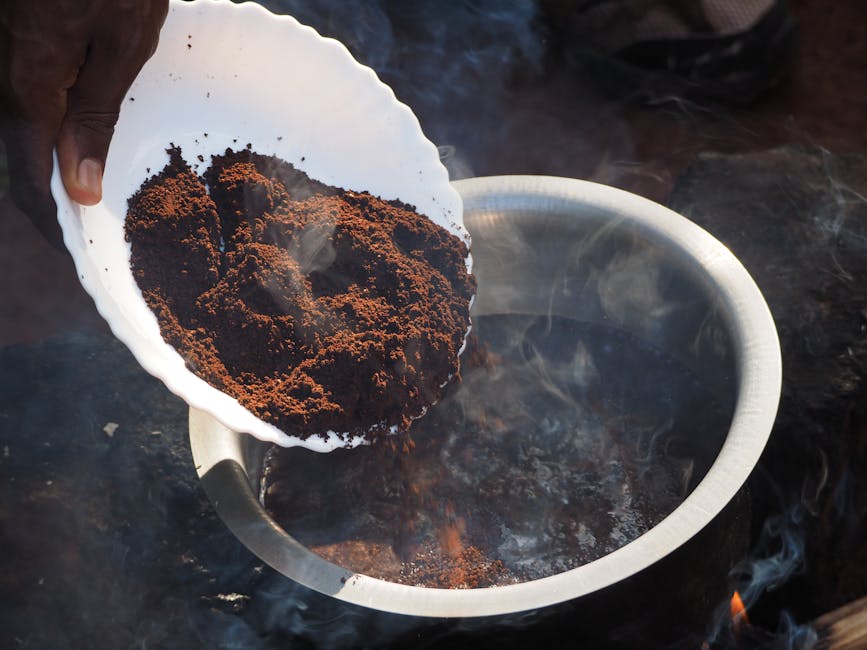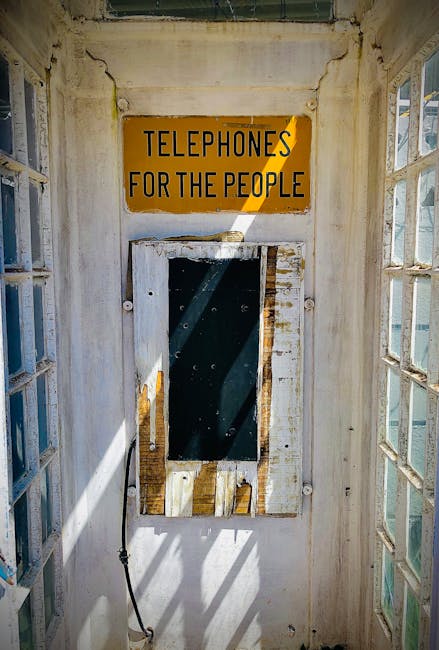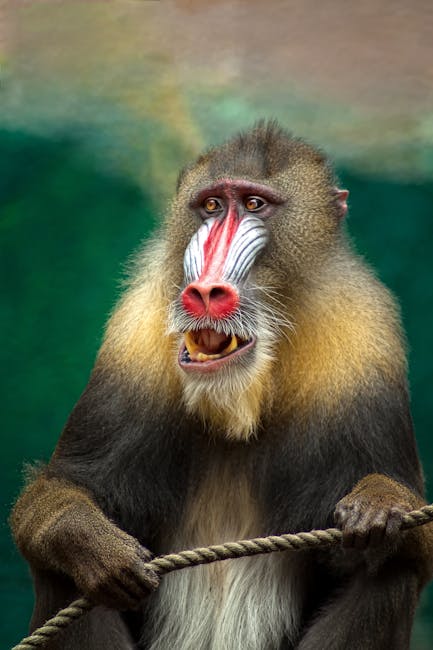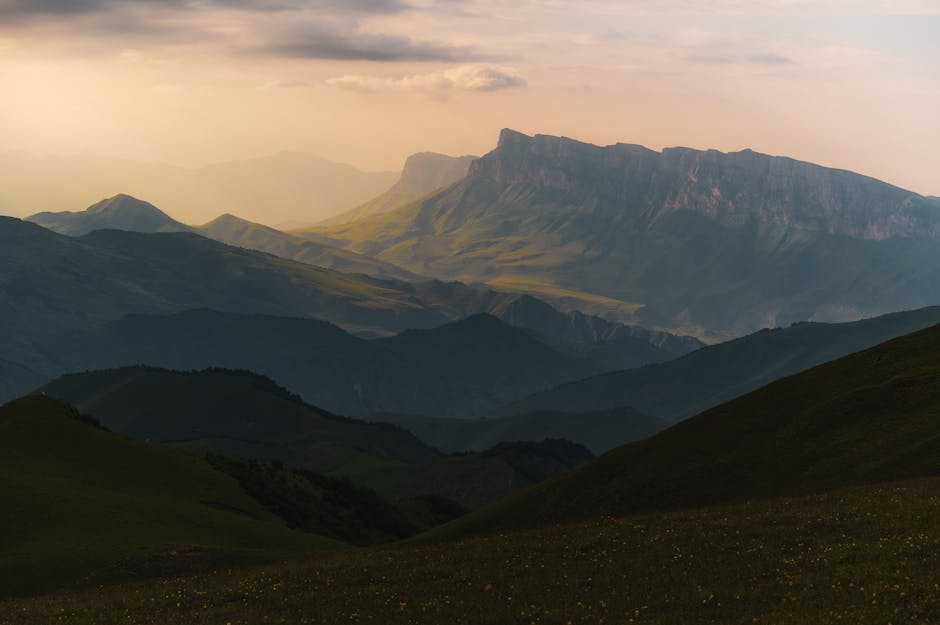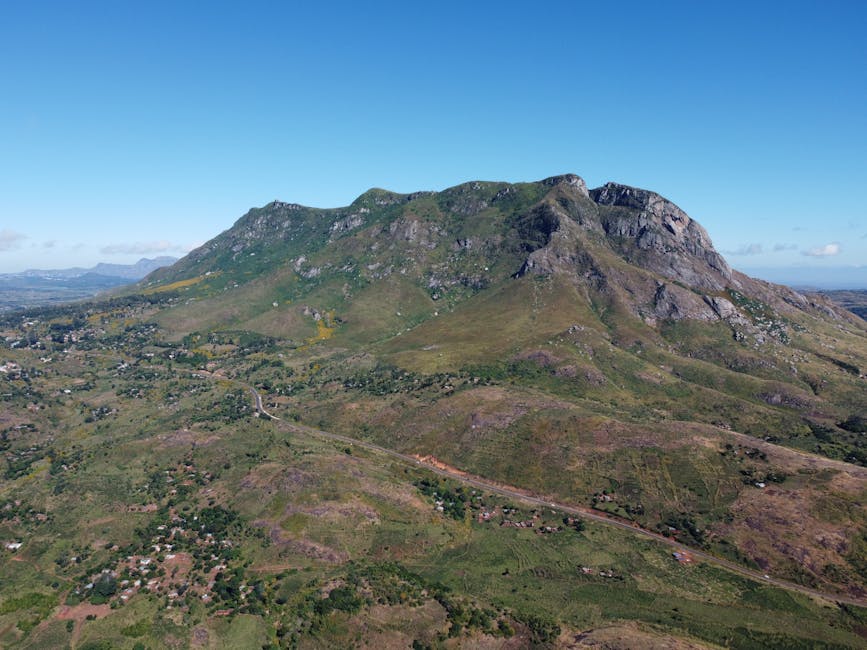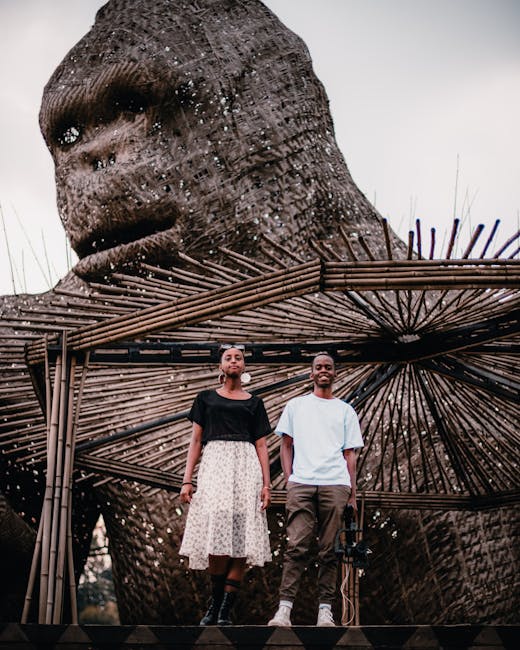Eswatini
Overview
Eswatini, also known as the Kingdom of Swaziland, is a landlocked country in Southern Africa that is renowned for its rich culture and vibrant traditions. Brimming with history, Eswatini is one of the few remaining monarchies in Africa, which adds a unique charm to its identity. The Swazi culture is deeply ingrained in every aspect of life here, with music, dance, and arts and crafts playing significant roles. The annual Umhlanga or Reed Dance, which sees thousands of Swazi maidens gathering for a vibrant, colorful celebration, is a breathtaking display of this cultural heritage. The country's diverse landscapes, ranging from mountains and savannas to rainforests, make it a haven for nature lovers and adventurers alike.
The high season for tourism in Eswatini typically falls between June and August. During this time, the weather is dry and pleasant, with temperatures averaging around 20°C, making it ideal for outdoor exploration. The country's national parks and reserves, such as the Hlane Royal National Park and the Mlilwane Wildlife Sanctuary, offer thrilling game drives and walking safaris that allow you to witness wildlife like elephants, lions, and a host of bird species. Adventure enthusiasts can enjoy activities like hiking, mountain biking, and white-water rafting, while culture vultures can explore the bustling local markets, art galleries, and traditional Swazi homesteads.
Before visiting Eswatini, travelers should ensure they have all necessary travel documents, including a valid passport. While visa requirements vary depending on nationality, many visitors can obtain a visa on arrival. It's also advisable to check any travel advisories or health alerts, particularly regarding malaria, which can be a risk in certain parts of the country. Travel insurance covering medical evacuation is also recommended. Given the prevalence of cash transactions, carrying some local currency (Swazi Lilangeni) can be useful. Lastly, while English is widely spoken, learning a few basic phrases in Swazi can enhance your cultural experience.
A Glimpse into the Past
Eswatini, formerly known as Swaziland, is a small landlocked kingdom in Southern Africa, bordered by South Africa and Mozambique. With its rich cultural heritage, stunning landscapes, and unique history, Eswatini offers an engaging travel experience for those looking to explore the heart of Africa. The country is known for its vibrant traditions, majestic wildlife, and welcoming people, making it a captivating destination for any traveler.
Historical Background
Eswatini's history is deeply intertwined with the migration of the Nguni people, who settled in the region during the 16th century. The kingdom was founded in the early 19th century by King Mswati II, who united various clans and established a centralized authority. Under his reign, Eswatini expanded its territory and saw significant development in terms of governance and cultural identity. Mswati II is remembered as a powerful leader, and his legacy continues to influence the kingdom’s identity today.
The arrival of European powers in the 19th century brought significant challenges to Eswatini. The British and the Boers from the Cape Colony posed threats to the sovereignty of the kingdom. In 1881, Eswatini became a protectorate of the British Empire, a situation that lasted until the country gained independence in 1968. During this colonial era, the traditional structures of governance were disrupted, but the Swazi people managed to maintain their identity and cultural practices.
Cultural Heritage
Eswatini is renowned for its vibrant cultural heritage, which can be experienced through various festivals and ceremonies throughout the year. One of the most notable events is the Umhlanga Reed Dance, held annually in August or September. This ceremony celebrates the beauty and purity of young women and serves as a tribute to their traditional values. Thousands of girls from across the kingdom participate, dancing and singing as they present reeds to the Queen Mother. The event not only showcases the Swazi culture but also emphasizes the community's commitment to preserving its traditions.
Another significant cultural event is the Incwala, or the "first fruits" ceremony, which usually takes place in December or January. This sacred ritual marks the beginning of the new harvest season and involves various traditional rites, including dancing, singing, and the offering of sacrifices. The Incwala is a time for introspection and celebration, emphasizing the connection between the Swazi people and their land.
Natural Wonders
Eswatini is home to breathtaking landscapes, ranging from rolling hills to mountainous terrain, making it a paradise for nature enthusiasts. The country boasts several national parks and reserves that preserve its rich biodiversity. One of the most popular destinations is Hlane Royal National Park, where visitors can experience the beauty of African wildlife, including lions, elephants, and rhinos. The park is known for its extensive walking trails and guided tours, providing an opportunity for travelers to immerse themselves in the natural environment.
Another must-visit location is Malolotja Nature Reserve, which is famous for its stunning scenery and diverse flora and fauna. The reserve offers hiking trails that lead to breathtaking viewpoints, including the majestic Malolotja Waterfall, one of the highest in the country. Adventurers can participate in activities such as zip-lining and bird watching, making it an ideal destination for outdoor enthusiasts.
Traditional Craftsmanship
The craftsmanship of Eswatini is a reflection of its rich cultural heritage. Visitors can explore vibrant markets and craft centers where local artisans showcase their skills in weaving, pottery, and beadwork. One of the best places to experience this is at the Ngwenya Glass Factory, where skilled glassblowers create stunning glass products using recycled materials. Travelers can take guided tours to learn about the glass-making process and purchase unique souvenirs.
Another notable craft center is Swazi Candles, known for its colorful, intricately designed candles. Visitors can watch artisans at work and purchase candles that make for perfect gifts or decorations. The blending of traditional techniques with contemporary designs in Eswatini's crafts reflects the kingdom's commitment to preserving its heritage while embracing innovation.
Modern Developments
Since gaining independence in 1968, Eswatini has faced various challenges, including political tensions and economic issues. The country is an absolute monarchy, with King Mswati III ruling since 1986. While the king’s leadership has brought stability, it has also led to calls for democratic reforms and increased political freedom among the populace. The ongoing discussions about governance and human rights are critical aspects of the nation’s modern history.
Despite these challenges, Eswatini has made strides in areas such as tourism and infrastructure development. The government has recognized the potential of tourism as a key economic driver, leading to investments in lodges, hotels, and attractions. The country’s commitment to preserving its natural heritage and cultural identity is evident in its efforts to promote sustainable tourism practices.
Getting Around and Traveling Tips
Travelers to Eswatini can easily navigate the country by renting a car or using local transport options, such as minibusses and taxis. The roads are generally well maintained, and driving through the picturesque landscapes is a delightful experience. For those seeking a more immersive experience, guided tours are available, offering insights into the culture and history of the kingdom.
When visiting Eswatini, it’s essential to respect local customs and traditions. Dress modestly, especially when attending cultural ceremonies or visiting rural areas. Learning a few words in siSwati, the local language, can also enhance interactions with the friendly Swazi people.
Accommodations in Eswatini range from luxury lodges to budget-friendly guesthouses, catering to various preferences and budgets. It is advisable to book in advance, especially during peak tourist seasons, to secure the best options.
In summary, Eswatini is a captivating destination that offers a blend of rich history, vibrant culture, and stunning natural beauty. Whether exploring the majestic landscapes, participating in traditional ceremonies, or engaging with the local craftsmanship, travelers will find themselves immersed in the authentic spirit of this enchanting kingdom.
Top cities for tourists in Eswatini
Discover the Famous Cities That Might Captivate Your Interests
Must-Try Foods You Can't Afford to Miss
Indulge in a Variety of Fantastic Foods During Your Stay in Eswatini
May Be Your Next Destinations
People often choose these countries as their next destination


